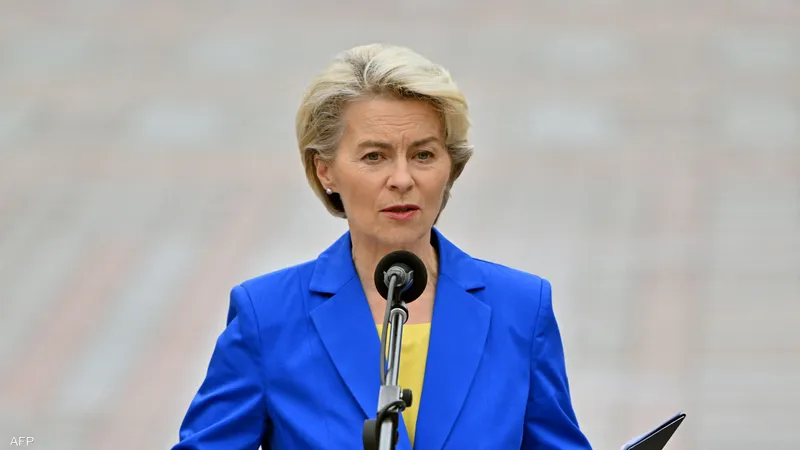- Web
- Feb 05, 2026
Current system unsustainable, expect ‘focused’ 2028-2034 plan: says EU Commissioner
-

- Web Desk Karachi
- Feb 13, 2025

BRUSSELS: The European Commission is set to propose a more streamlined and focused long-term budget for the period 2028-2034, as it believes that maintaining the current system is not viable. A recent communication outlined the need to revamp the Multiannual Financial Framework (MFF) to enhance simplicity, efficiency, and adaptability, prioritising key policy areas.
The current MFF totals €1.2 trillion, representing 1 percent of the EU’s GDP (excluding post-pandemic recovery funds). Traditionally, significant portions of this budget have been directed towards agricultural subsidies and initiatives aimed at reducing socio-economic disparities among the EU’s regions. However, there is an increasing need to allocate resources toward security and defence to maintain the EU’s global competitiveness.
Siegfried Mureșan, the lead Member of the European Parliament (MEP) on the new MFF, highlighted the importance of balancing traditional priorities—agriculture and cohesion—with emerging areas like research, innovation, digital advancement, and green transition. He stressed that a reduced budget would limit the EU’s capacity to take on more responsibilities.
The new budget proposal aims to create individualised plans for each member state and will tie investment to reforms, analogous to the approach taken with post-pandemic recovery funds. The proposed European Competitiveness Fund would provide necessary investment to support strategic sectors, essential technologies, and projects of collective European interest.
Budget Commissioner Piotr Serafin previously mentioned plans for “fewer, more focused” programmes along with a targeted EU budget of significant ambition. The document stresses the urgency for developing new revenue streams, such as customs duties or contributions based on the value-added tax (VAT) collected by member states, which are crucial for funding the EU’s common budget.
EU Economic Affairs Commissioner Valdis Dombrovskis reiterated the need to strengthen the EU budget’s revenue base and called on co-legislators to progress toward creating new European own resources, while refraining from commenting on the issuance of common debt.
EU says Trump tariffs will trigger firm countermeasures
Recently, the Spanish government proposed increasing the EU budget to at least 2 percent of the bloc’s GDP, dedicating 50 percent of these funds to the green transition, reflecting investment levels similar to those gained from post-pandemic recovery funds (approximately 1.7 percent). Spain has also expressed support for the idea of issuing joint debt to finance strategic investments and public goods, including defence.
However, Mureșan criticized the Spanish government’s stance, labelling it irresponsible, particularly given existing debt obligations from post-pandemic recovery efforts that are anticipated to require annual payments of around €30 billion after 2027—potentially consuming nearly 20% of the total budget.
Serafin is expected to unveil the proposal for the EU’s next long-term budget in July, marking the onset of negotiations with the European Parliament and member states to reach a final agreement before 2028.
Mureșan highlighted the importance of discussing the future structure of Europe, responding to public concerns regarding security, employment, and prosperity, and ensuring the budget addresses these priorities.




